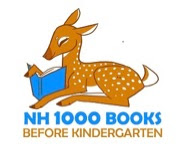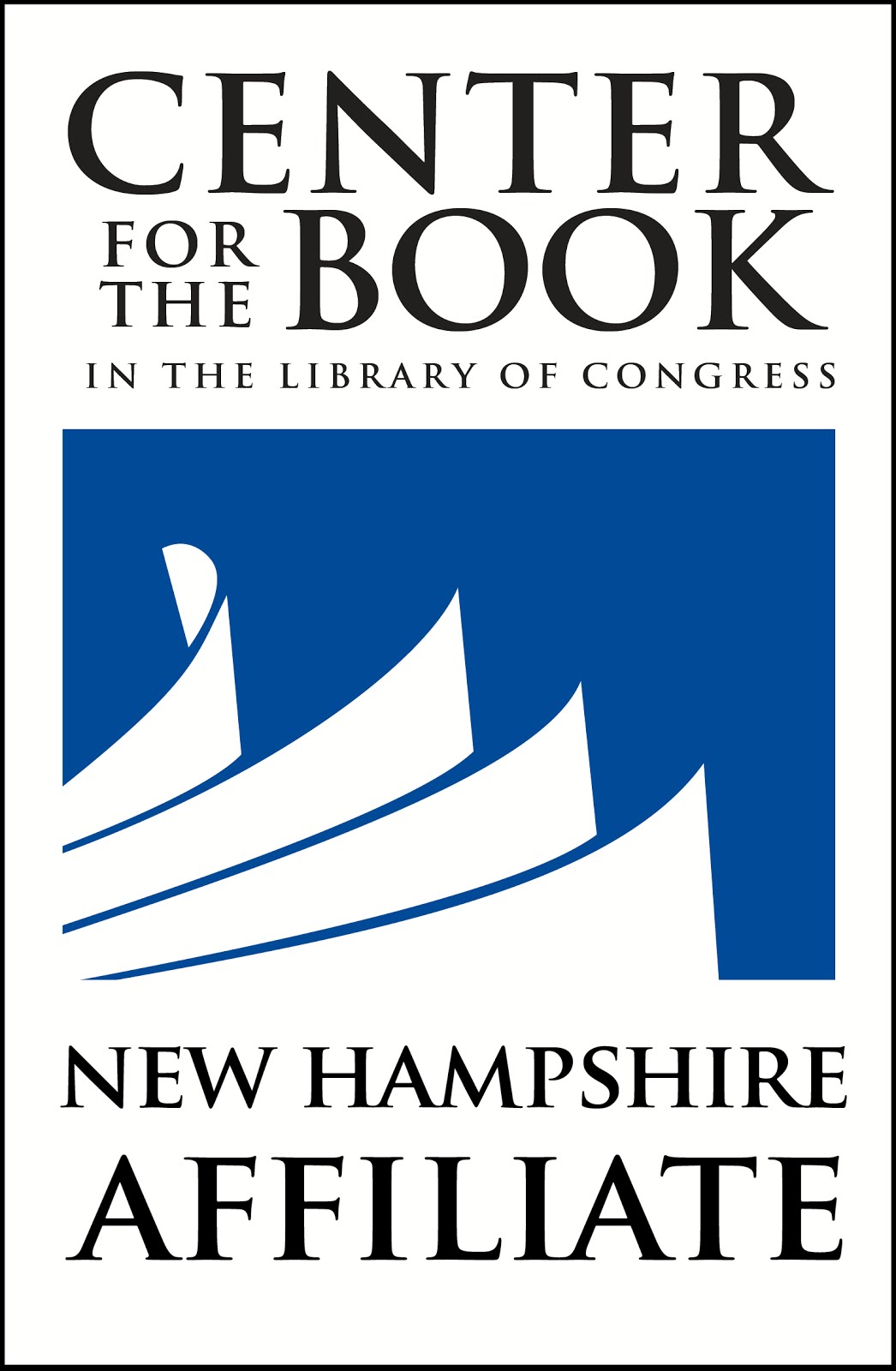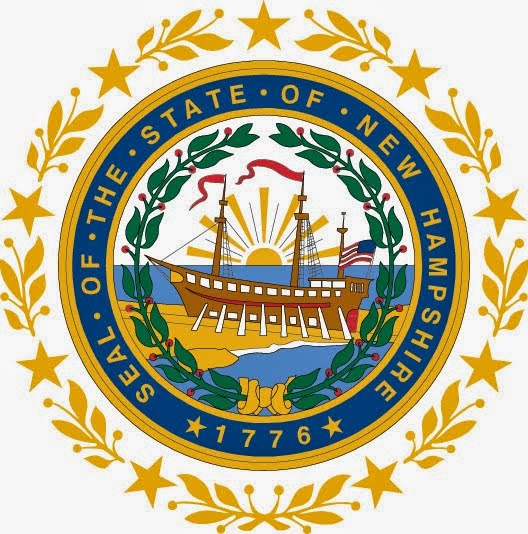During the first International Summit of the Book, held at the Library of Congress last December, Center for the Book Director John Y. Cole interviewed National Ambassador for Young People’s Literature Walter Dean Myers. Their interview is included here with the permission of the Center for the Book in the Library of Congress.
Cole: How did you choose your theme, Reading Is Not Optional? Myers: As I began speaking to young people and how to approach them. …. I would hear teachers say, "Books are wonderful, they can take you to other places." And I began to ask young people, "What does this mean?" and they said, "If you want to, you can have a lot of fun with books. If you want to, you can learn about other things." I thought this was bad because reading is something you have to have to exist in this world.My dad, who was a janitor, could not read or write, yet he always prided himself on the fact that he could support his family. Today he couldn’t. Not without reading. How reading affects national security is not talked about much. … The most American thing we have in this country is the ability for the lowest classes to lift themselves. … Without reading they can’t do this. I was raised in a foster family. My mom read at a third-grade level. She read romance magazines to me. … I wasn’t attracted to the stories but I was attracted to being with my foster mom. … Eventually I learned to read. … I never knew she was giving me something. … But now I know. When I was 14, my family began to disintegrate. My uncle was murdered; my father went into a depression; my mother became an alcoholic. So I was thrown away. My grades plummeted but I had books. I had the New York Public Library [while growing up in Harlem]. So when I had the difficulties with my mom, I found my voice in books, in "A Portrait of the Artist as a Young Man." … I had "The Red Badge of Courage." Books gave me the voice that expressed my individual humanity.
Cole: How did you get into writing?
Myers: I had speech difficulties. I couldn’t speak very well or read very well aloud. … My teacher told me to write something. I began writing little poems, and I really enjoyed that; that was the only thing I was praised for. I enjoyed writing.
Cole: You are one of the most prolific writers of books for young people. Walter has written more than 100 books. He is known throughout the country and the world for his concern about youth. This is reflected in his young adult fiction, with its focus on his experience growing up in Harlem, which is reflected in his tours throughout the country. I would like to ask you about your first year of touring. The National Ambassador for Young People’s Literature is chosen not just for his or her work but for their ability to relate to kids. Can you point to some of the wonderful experiences you have had not only at places like festivals but also at detention centers?
Myers: I am particularly interested in prisoners. I wanted to know their reading levels; what did they read. ... And for me, I have seen prisoners that I first saw in grade school and then seen them 10-15 years later in maximum security prisons, and to me that is absolutely shocking. But it’s the truth. I find that some people come to reading for the first time in prisons because they don’t have the community putting them down; they don’t have family anxieties, and they discover books. … Many of the prisoners tell me that if they had read early on, they could have changed their lives. They could have known that they were not unique; that their problems were not unique and that they could have found ways to solve their problems. I was in prison yesterday with 16-18-year-olds; some of them in prison for murder. You see a kid who is 16 facing 39 years in jail and it is shocking. Here is a person I wish I could have read to and maybe taught his parents reading skills. I could have made a difference.
Cole: I see you are wearing a rather handsome medal. This is the medal we have had made for our various National Ambassadors.
Myers: It’s awkward in the shower.
Cole: How did you feel when you heard you were selected?
Myers: I have been looking at literacy for many years and I have seen the gaps. While I am very grateful for the opportunity to spread the word and read so much about literacy, it is also a responsibility that I take very seriously. I want to finish this term being useful. On my tombstone I want it to say, "He was useful." I don’t want to just say the words; I want to make a difference.








No comments:
Post a Comment